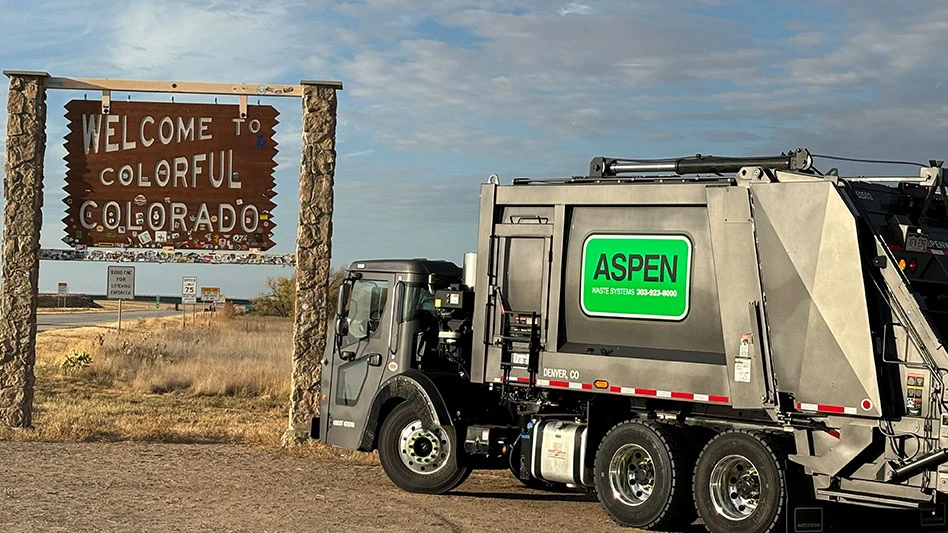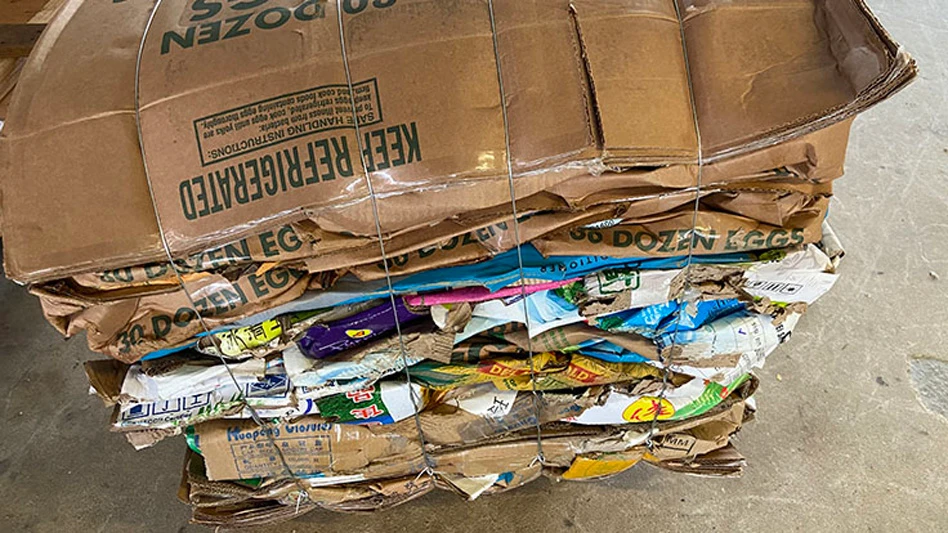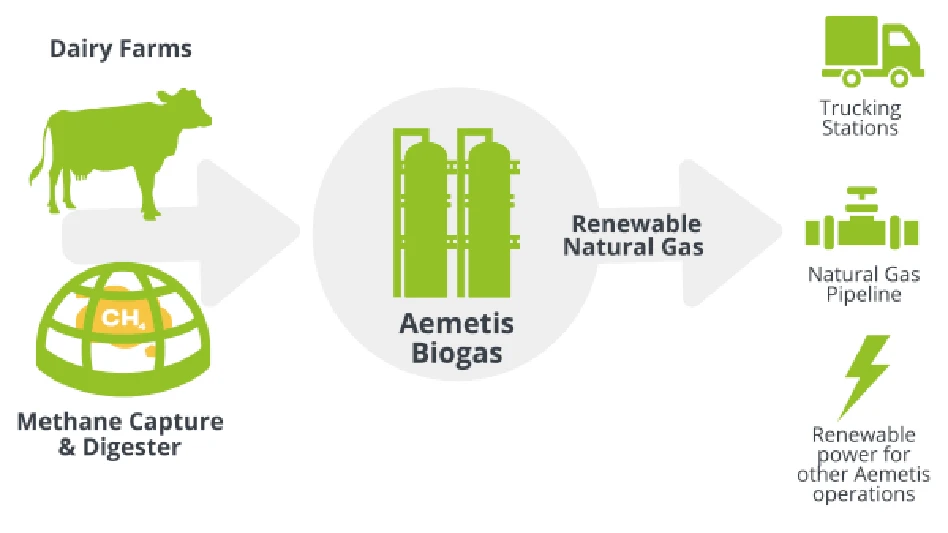
Photo courtesy of Agromin
Starting Jan. 1, 2025, California Senate Bill 1383 (S.B. 1383) will require jurisdictions to secure 100 percent of the procurement target of recovered organic waste products set by California’s Department of Resources Recycling and Recovery (CalRecycle) or face substantial fines.
CalRecycle estimates an additional 20 million to 25 million tons of organic waste must be processed into compost, mulch or biogas to meet the procurement needs of California’s jurisdictions. According to the department, this would require between 50 and 100 new or expanded recycling facilities.
Bill Camarillo, CEO of Agromin, an Oxnard, California-based manufacturer of soil products and the state’s largest organics waste recycler, says many jurisdictions will struggle to meet their target because there are not enough organic waste facilities to produce qualified products.
RELATED: Agromin offers S.B. 1383 compliance site
“The lack of recycling facilities and an inconsistent supply of raw organic materials will make it difficult, if not impossible, for all jurisdictions to meet their S.B. 1383 targets,” Camarillo says. “Establishing a strong relationship between jurisdictions and organic waste processors is key. By working together, jurisdictions and recyclers can find creative solutions to the procurement issue.”
Camarillo cites Agromin’s partnership with the city of Ventura as an example of a strong relationship.
Agromin created a coupon program that allows Ventura residents and businesses to order free compost for pick up or delivery at shop.agromin.com/allproducts. Ventura tracks orders through a secure portal, which helps with CalRecycle reporting requirements.
“The city created a robust web presence outlining the giveaway program and used social media and other marketing to get the word out,” Camarillo says.
Since the program began as a pilot in December 2022, residents have ordered 743 tons of Agromin’s compost and mulch. Agromin established similar partnerships with Ventura County and the cities of Oxnard, Sacramento and Camarillo.
“These types of partnerships can be replicated throughout the state by organic waste recyclers,” Camarillo says. “My advice to jurisdictions is to lock in product procurement relationships and create programs that enable product distribution quickly and efficiently.”
Latest from Waste Today
- Capital Waste acquires Tennessee Waste Haulers
- Van Dyk partners with Reckelberg Environmental Technologies
- CRI submits comments to CalRecycle on CRV handling payments
- Reworld acquires EnviroVac Waste Transport
- Waga Energy partners on RNG project at France landfill
- Hawaiian county selects landfill site
- CAA submits final draft program plan in Oregon
- Washington city adds organics collection to waste service





